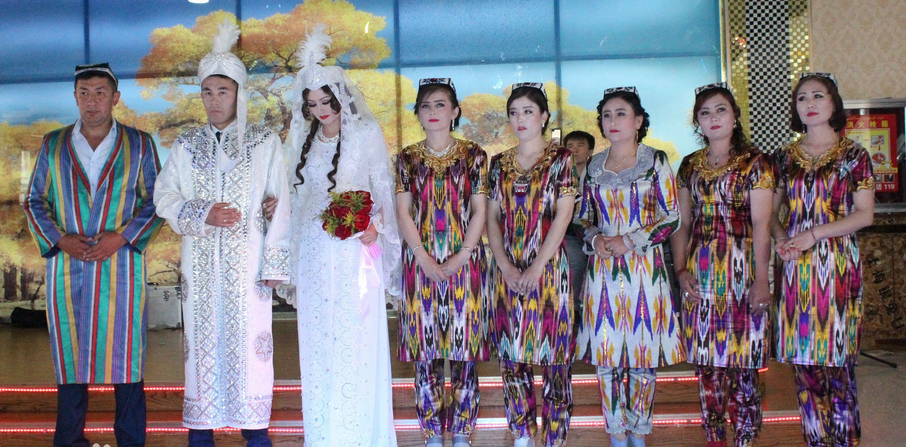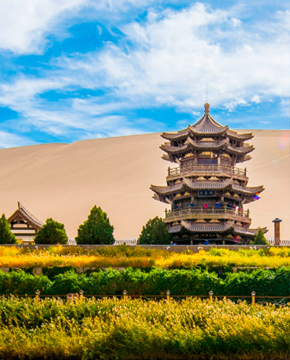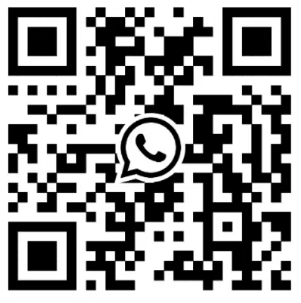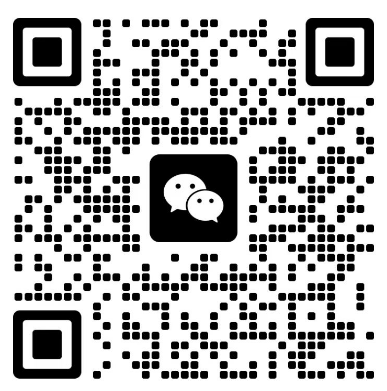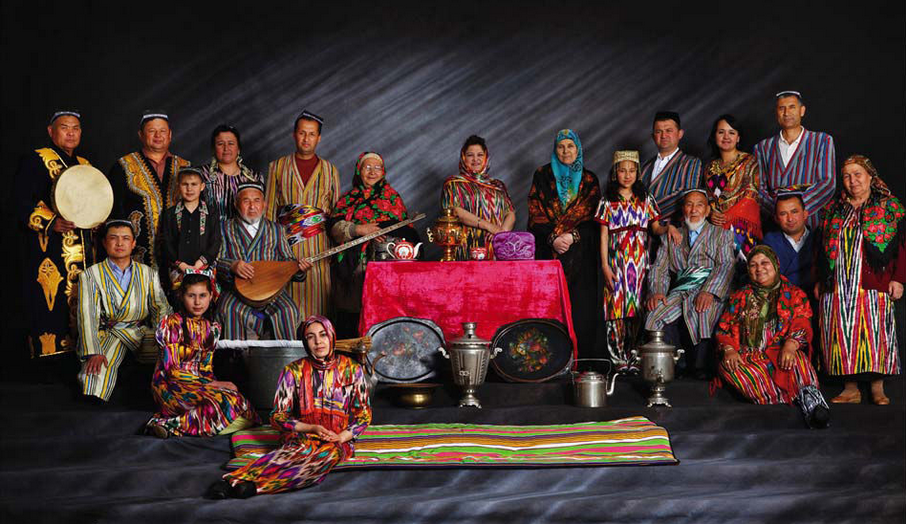
The Uzbek ethnic nationality, with a population of more than 12,000, live in scattering way over a wide areas of the Xinjiang Uygur Autonomous Region. Most of them are city dwellers, some live in pastoral and rural areas.
The name Uzbek first originated from the Uzbek Khan, one of the local rulers under the Mongol Empire in the 14th century. In the 15th centuries, Uzbek merchants from Buhara and Samarkhan often traveled along the “Silk Road” through Xinjiang to do business in inland areas of China. Some of them began to settle down in cities in Xinjiang and their offspring formed the ethnic nationality - Uzbek nationality.
The Uzbek language belongs to the Tuskic Group of the Altaic Language Family and their script is an alphabetic system based on the Arabic letters. The Xinjiang Uzbeks believe in Islamism. They have frequent exchanges with various other ethnic peoples in Xinjiang and are very close to each other, particularly having close relations with the Uygurs and Kazaks. Therefore, their customs, dresses and diet habits are basically the same as those of the Uygurs.
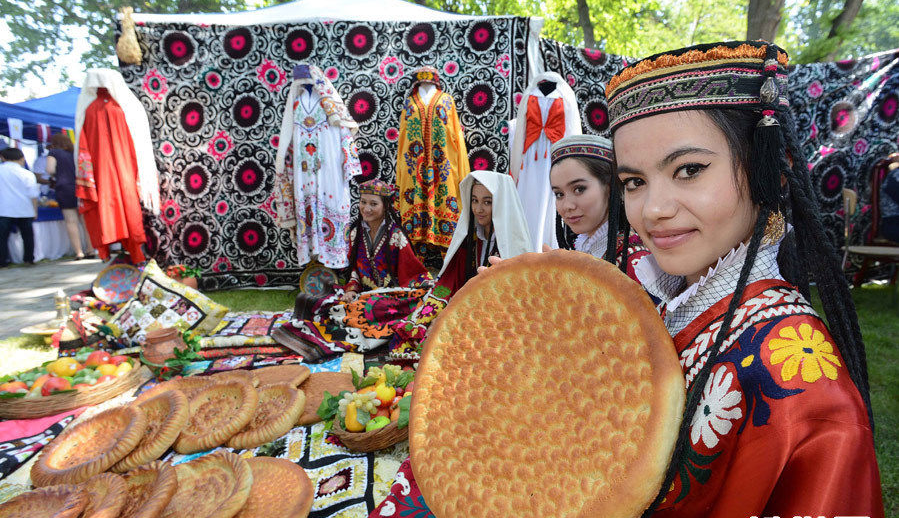
The Uzbek people are one of those in Xinjiang that are good at singing and dancing and their folk music is melodious and appealing. They have a great variety of musical instruments. Most of them are plucked and percussion instruments. One string instrument with a triangular sound box is known for its sweet and appealing tone. Uzbek dances are famous for their vivacity, grace and variety. Uzbek women are adept at embroidery. Shirts, sheets, pillows and hats are trimmed with colorful, patterned needlework, which is typical of the handicraft art of the ethnic group.
